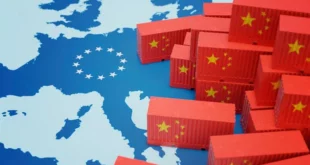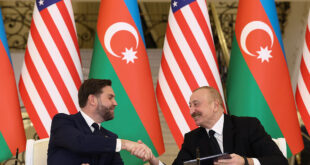MOSCOW (Reuters) – President Vladimir Putin’s supporters will enjoy complete control over Russia’s next parliament, a tally from Sunday’s election showed, giving him a solid power base after he leaves the Kremlin.
Russia also hit out at foreign complaints that the parliamentary vote, which handed a landslide win to Putin’s United Russia party, was unfair. It said these amounted to “slogans” not backed up by hard facts.
Election commission chairman Vladimir Churov said the election will translate into 315 seats for United Russia in the 450-seat parliament, while two parties sympathetic to the Kremlin will between them have a further 78 seats.
Putin, 55, has said he expects to maintain a grip on power after he steps down next year in line with a constitutional two-term limit.
Analysts say control of parliament will give him the clout to exercise influence without the trappings of presidential power. They speculate he could become the chamber’s speaker.
The pro-Putin contingent in the next parliament will be big enough to change the constitution — something analysts say Putin may seek to do to carve out a powerful role for himself when he steps down early next year.
Putin ran in the election as No. 1 on United Russia’s election slate. The result confirmed his popularity as a leader who has overseen robust economic growth, and helped restore Russia’s national pride.
United Russia had 297 seats in parliament at the end of the outgoing parliament.
Churov told reporters the nationalist LDPR party will have 40 seats and Fair Russia 38 seats in the new chamber. Putin can count on both those parties for support. The opposition Communists will have 57 seats.
QUESTIONS UNANSWERED
The constitution bans Putin from serving a third consecutive term. Russians and foreign investors are still seeking answers to the key questions of what he will do when his term ends next year, and whom he will endorse to replace him.
An international observer mission said Sunday’s vote was marred by one-sided media coverage and the use of government resources to favor pro-Kremlin parties.
In a statement issued late on Monday, Russia’s foreign ministry, said that assessment “gave rise to serious doubts.”
“The Russian side will carefully study all views and recommendations that have been made with the aim of taking them properly into account — in those cases where this is appropriate.”
But it said a joint statement by observers from democracy watchdogs the Organisation for Security and Cooperation in Europe and the Council of Europe contained “a collection of slogans not backed up with any hard facts.”
 Eurasia Press & News
Eurasia Press & News



